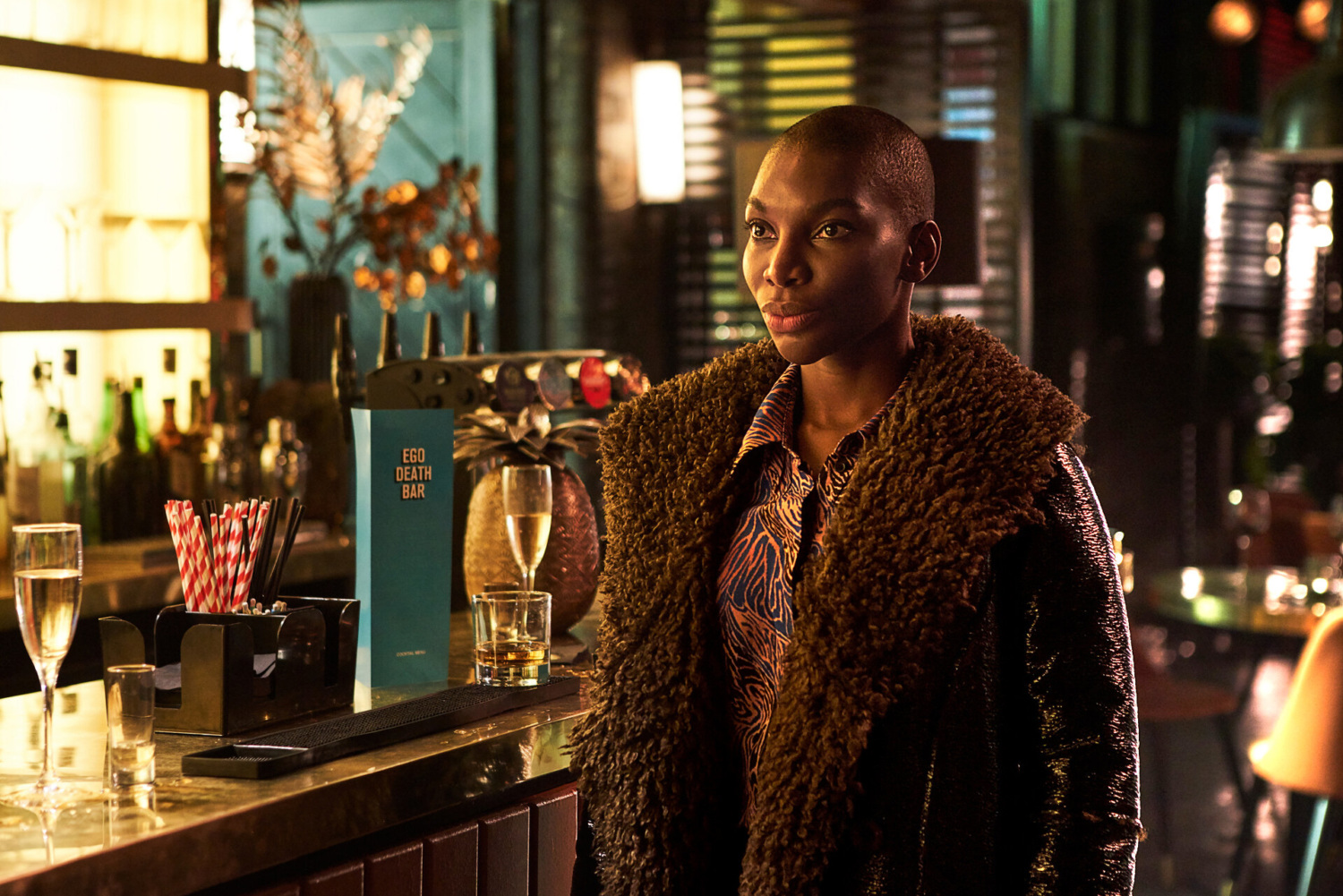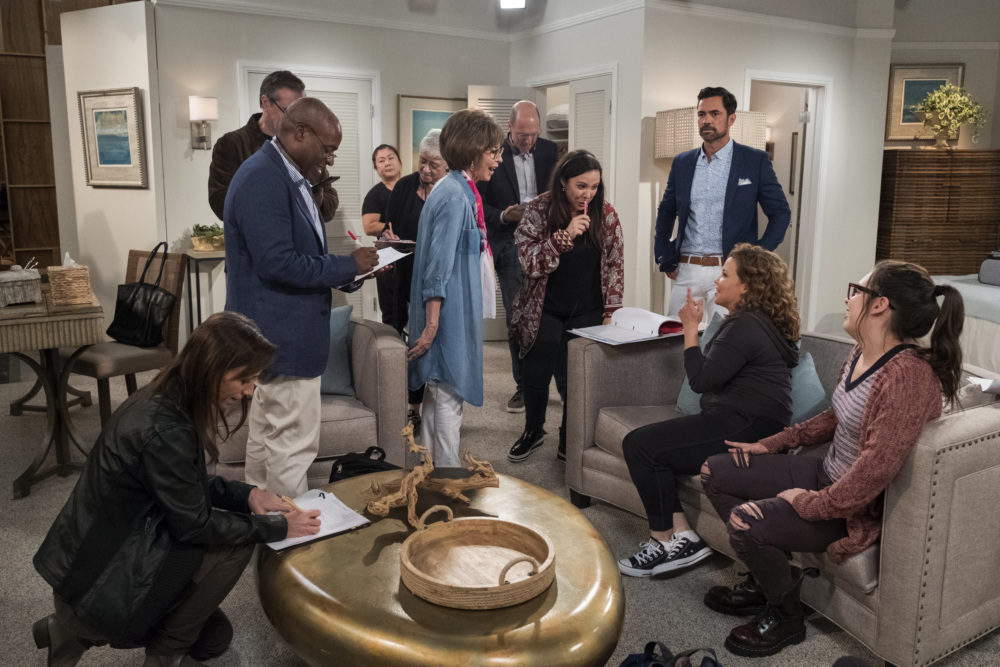On-Set Mental Health Support
Before filming started on “I May Destroy You,” Michaela Coel and her team knew they wanted a therapist involved. Initially, the expectation was that Platt would just work with Coel if “shooting some of the darker scenes that reflected my own life became emotionally taxing,” Coel said. But then a producer decided to make the therapist available to everyone.
(via The New York Times)

"My role is to actually help the art take greater risks."

When TV companies came back to work last year after lockdowns across Britain lifted, casts and crew found themselves under pressure to make up for lost time, cramming a year’s work into a few months, according to Sarah McCaffrey, another therapist whose company, Solas Mind, provides counseling in the industry.
These compressed timelines were “almost unsustainable,” McCaffrey said. On top of that, crew were often split up into in small “bubbles,” isolated from each other for coronavirus safety, which meant fewer social interactions. On some productions, up to 30 people had booked sessions with her company, she said.
The pandemic also seems to have encouraged American companies to offer more on-set support. In April 2020, Netflix hired Jake Knapik, a clinical psychologist, to help develop mental health courses for its British and United States productions. Knapik said that “Covid has been the catalyst,” noting that lockdowns helped everyone realize just how debilitating loneliness and anxiety could be.
Read MoreIt should be part of how we all work, as we don’t know what anyone’s working through.
When Amazon was filming “The Underground Railroad,” a series about enslaved workers fleeing a cotton plantation, the therapist Kim Whyte was on set for much of the shoot. Some therapists prefer working off-site so people avoid the possible stigma of being seen receiving mental health support, but Whyte said she walked around chatting with everyone between takes: that way nobody knew when she was discussing something serious, or something trivial.
When someone needed to talk something through, it was sometimes about issues raised by the show, she said. “Some of the cast and crew were disturbed by the content — just the institution of slavery,” she added. But just as often, they wanted to talk about issues they were dealing with at home, and how those were having an impact on their mood, like in any workplace.
Hire a Professional
Platt said she felt therapists should also be available after productions end, in case problems emerge later. “You wouldn’t have therapy for the effect of a car crash while you’re still in hospital,” she said. Actors and writers should even have access to counseling when promoting films, she added, since journalists often ask them to relive traumatic experiences over and over again.
“At the moment, all this is radical,” Platt said. But she hoped the stigma would disappear, and that soon on-set mental health support would be considered normal: She imagined a therapist’s trailer, with a line of people happy to be seen waiting outside.
More resources for Production
Supporting Survivors in the Post-Production Phase
Creating Safer Sets
Workplace Conduct Policy

Creating Safer Sets
Protocols for Scenes Involving Nudity
Creating Safer Sets
Creating Safer Sets
Employer Resources: The Hollywood Commission
